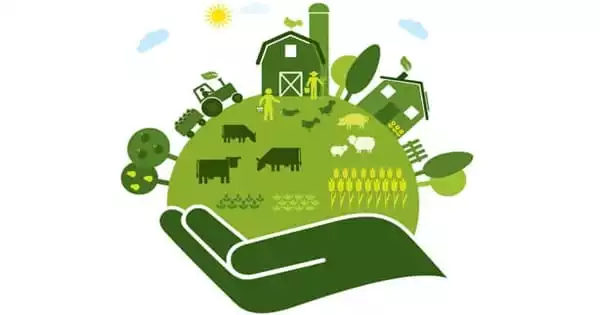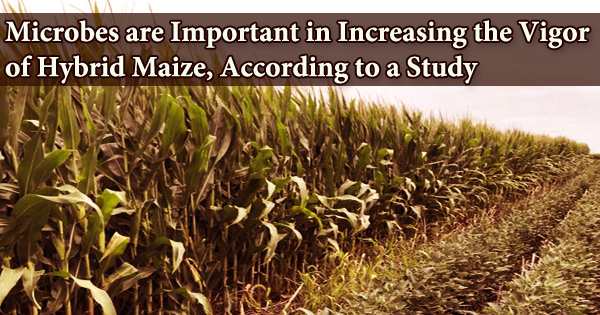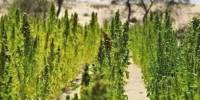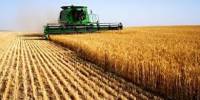The application of ecological concepts and principles in farming is known as agroecology. It is a branch of applied science that investigates ecological processes in agricultural production systems. Applying ecological principles to agroecosystem management can lead to new management approaches. The term is frequently used imprecisely because it can refer to a science, a movement, or an agricultural practice. A great example of agroecology is agroforestry. It is a method of combining trees and farming that demonstrates how food production and nature can coexist.
Agroecologists research a wide range of agroecosystems. Although some use the term specifically for alternative agriculture, the field of agroecology is not associated with any one method of farming, whether organic, regenerative, integrated, or conventional, intensive, or extensive.
Farming thrives when it collaborates with local ecosystems, such as improving soil and plant quality through available biomass and biodiversity, rather than fighting nature with chemical inputs. Farmers who practice agroecology strive to increase food yields for balanced nutrition, strengthen fair markets for their produce, improve healthy ecosystems, and build on ancestral knowledge and customs.
Definition
The OECD defines agroecology as “the study of the relationship between agricultural crops and the environment.” Agroecology, according to Dalgaard et al., is the study of the interactions between plants, animals, humans, and the environment within agricultural systems. Francis et al. use the definition in the same way, but believe it should be limited to food production.
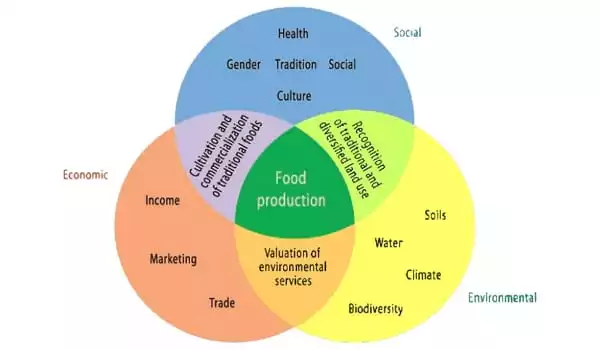
Agroecology is a comprehensive approach that seeks to reconcile agriculture and local communities with natural processes for the benefit of both nature and livelihoods. Agroecological farming acknowledges agriculture’s multifunctional dimensions, as well as local and Indigenous knowledge and practices. This entails farming that generates not only food, jobs, and economic well-being, but also cultural, social, and environmental benefits. Agroecology also safeguards and provides ecosystem services such as pollination, natural pest control, nutrient and water cycling, and erosion control.
Agroecology is by definition multidisciplinary, encompassing sciences such as agronomy, ecology, environmental science, sociology, economics, history, and others. Agroecology employs various sciences to comprehend ecosystem elements such as soil properties and plant-insect interactions, as well as social sciences to comprehend the effects of farming practices on rural communities, economic constraints to developing new production methods, and cultural factors influencing farming practices. Productivity, stability, sustainability, and equitability are some of the system properties of agroecosystems that have been studied.
Agroecology does not have a fixed scale; it can range from a single gene to an entire population, or from a single field on a given farm to global systems.
Agroecology is recognized as a climate change mitigation and adaptation strategy. Consumers are increasingly demanding healthier foods as well as a closer relationship with food producers. Global social movements – many led by women’s and indigenous organizations – are uniting in campaigns for a healthy food system based on environmental and human rights principles. Agroecology is becoming more popular.
